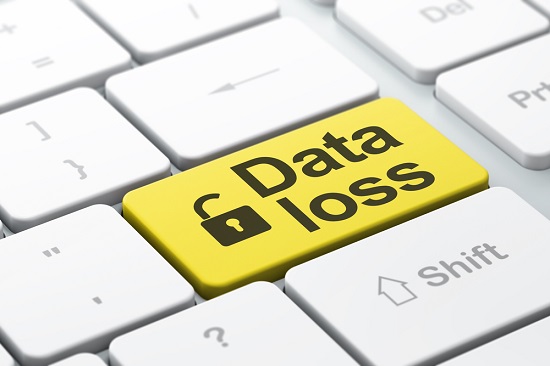
There are plenty of reasons why security should be a top priority for IT, especially if an organization competes in the digital age including the risk of data loss.
These unsavory security incidents can cause productivity at work to stop, whether it’s due to user error, a rogue employee, or a global security threat. While it is not something that anyone wants to admit, these situations are increasingly common.
How can you prepare for these “uh-oh” moments? Understanding what could happen is the first step. This will help you prepare for what’s next and how to solve it. Let’s look at three possible ways your data could be lost and how you can prevent it from happening:
Data Loss Basics
Scenario 1 – Your colleague spills coffee on his laptop just before a big presentation.
Clumsiness with coffee at work is one of the easiest mistakes, and almost a right of passage. Unsaved files can be lost if you spill coffee or any other beverage. If you add high-pressure situations like those before a presentation, the anxiety of recovering your files can lead to panic. This can make it difficult to find secure ways to retrieve your data.
It is crucial to be able to seamlessly integrate files between multiple operating systems and devices, even if there are errors. This allows you to quickly replace a phone, tablet, or computer that has gone down. Real-time backup capabilities can be added to reduce the stress associated with losing important files. You’ll always have access without the need to search for it again.
Scenario 2 – An employee accidentally triggers a ransomware infection.
Everybody, from small businesses to large corporations, and even individuals, needs to be concerned about these persistent attacks. These ransomware threats are more common than you might think. They often appear in the form phishing emails, so one click could result in both your business being shut down and others. Ransomware is on the rise and won’t stop. Everyone’s data is at risk. Ransomware is a growing threat to data security. Businesses are often forced to pay ransom in order to get their data back. Businesses are losing customers and revenue every minute, as they experience downtime while this all is going on.
How can you prepare for the digital data thieves? You can educate your employees about how to spot these emails. Your best defense is to be able to do a mass rollback of files to the time before the ransomware infection occurred. Also, make sure that this data is accessible across multiple devices so that you can continue business as usual. You might be thinking that you are immune to this and it won’t happen. Murphy’s Law states that anything can go wrong, and ransomware is no exception.
Scenario 3 – A soon-to be ex-employee is about take confidential company data with him on his way out.
Employees leaving the company pose a variety of cybersecurity risks, including the inability to recover all data from company devices and the loss of access to passwords. It can be difficult to determine who has access to which data, as almost half of employees share log-ins with their coworkers. Ex-employees can cause a lot damage to companies and even share confidential information with competitors, which could lead to your company being forced out of business. This goes well beyond intellectual property. A former employee can expose financial information or private information of coworkers and alter documents remotely, leaving your company in no better shape.
Companies can take steps to address these potential problems, whether they are intentional or not. They also have full control over who has access to corporate information. Employees will be unable to store corporate information on their personal devices if a standard is established and enforced. You can also give IT support administrators full access to users, policies, files, sharing activities, and end-user content. They can also adjust permissions at a fine level. This will allow you to have peace of mind for the employee’s last days.
To keep your business running smoothly, you must be able to backup your data in any situation that could cause downtime. Unexpected downtime can be stressful. However, having the right protocols in place for grabbing files from any device and ensuring that they are deleted immediately is a way to increase security at work.
Let SpartanTec, Inc. now if you want to protect and manage critical business data so that you can prevent or recover from any IT incident.
SpartanTec, Inc.
Charleston, SC 29407
843-418-4792
https://manageditservicescharleston.com/
Serving: Myrtle Beach, North Myrtle Beach, Columbia, Wilmington, Fayetteville, Florence


